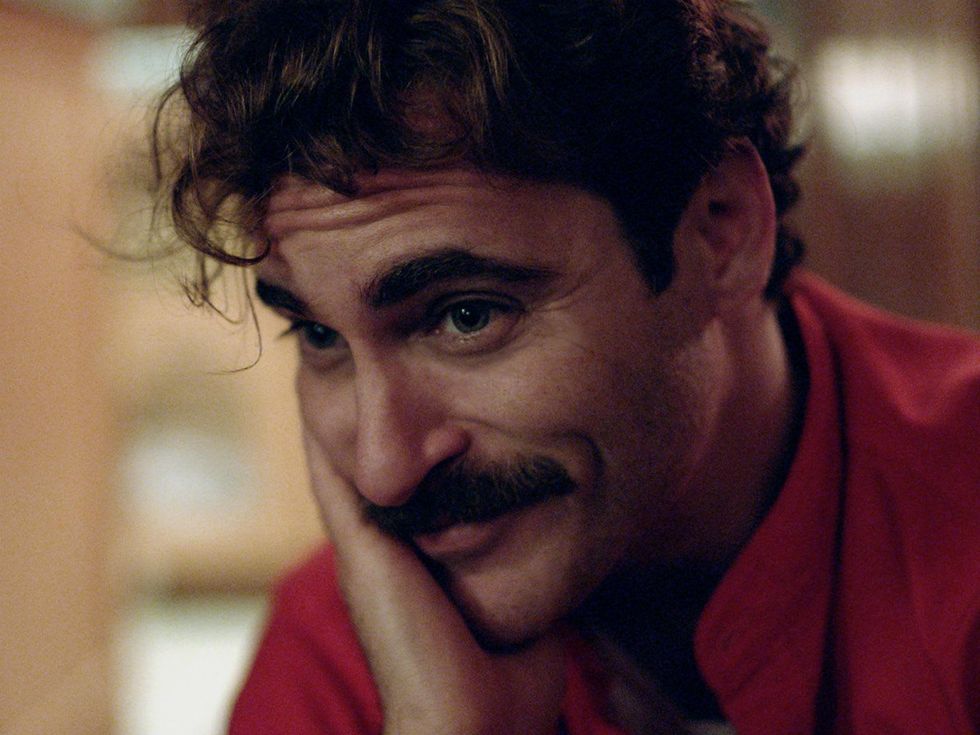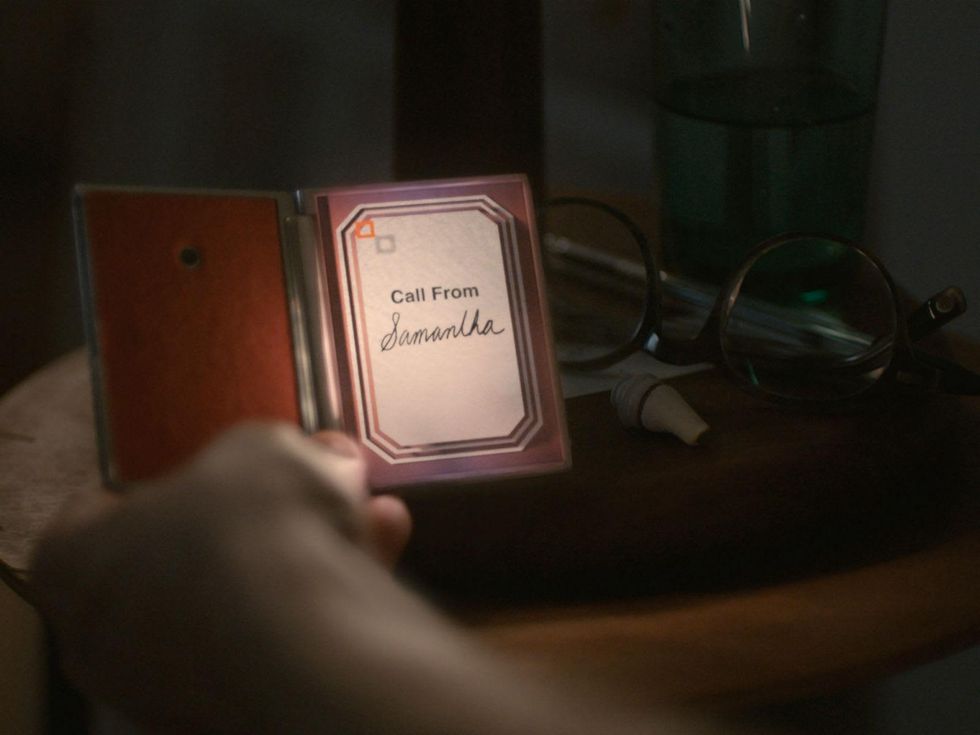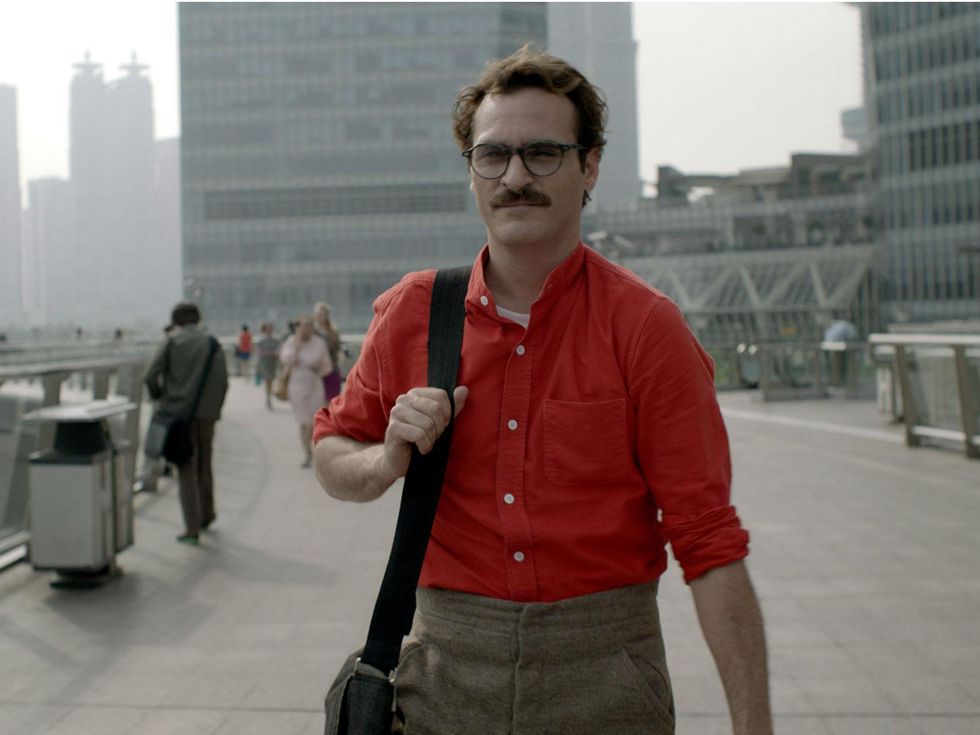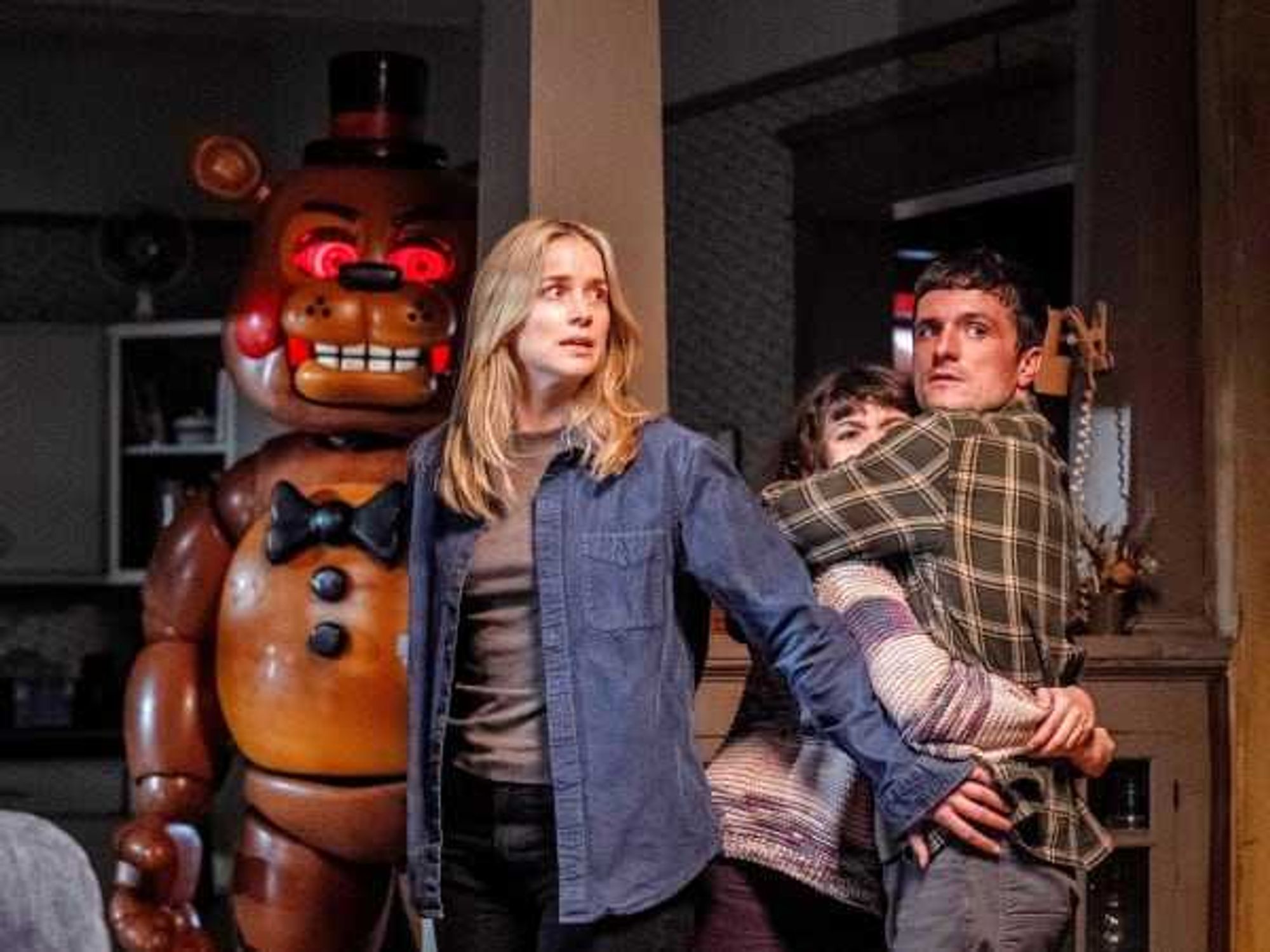Virtual Romance
Her flaunts Spike Jonze's skill as remarkably odd filmmaker
Spike Jonze’s mindset has always been slightly askew from the majority of those in the entertainment industry. Whether he was making videos for the Beastie Boys or Bjork, generating ideas for the Jackass TV show and movies or directing films like Being John Malkovich and Adaptation, any output from Jonze was sure to be memorably peculiar.
But his latest film, Her, is his first total vision. As the sole credited writer and director, Jonze has crafted a film that fits in with his previous work yet stands on its own as an original.
The wonder of the film is how easy it is to get lost in Theodore and Samantha’s blooming love without ever losing sight of the fact that it’s a pairing between a human and a computer.
Set in Los Angeles in the near future, Her follows Theodore Twombley (Joaquin Phoenix), a slightly antisocial person who still manages to be great at his job, which is composing love letters for other people. When a new, artificially intelligent operating system for computers comes on the market, Theodore is among the early adopters.
Even in a world where computers can handle even the most menial daily tasks, Theodore is surprised when his OS (voiced by Scarlett Johansson), who goes by the name of Samantha, is as intuitive and lifelike as it/she is. It isn’t long before Theodore starts to experience feelings for Samantha’s disembodied voice and, more interestingly, she for him.
As we live in a world where smartphones and social media increasingly rule our lives, the movie’s central theme is both an out-there concept and one that’s all too plausible. Many people are desperate for any kind of connection in the world, and it’s not that big of a leap to believe that a self-aware OS could be just the kind of relationship those people need.
But at the same time, the film is a deep dive into the intricacies of love, both as it grows and as it dissolves. As Theodore’s friend Amy (Amy Adams) says, “Falling in love is a socially acceptable form of insanity,” an axiom that Jonze proceeds to demonstrate through Theodore’s relationship with Samantha and in flashbacks with his soon-to-be ex-wife, Catherine (Rooney Mara).
The wonder of the film is how easy it is to get lost in Theodore and Samantha’s blooming love without ever losing sight of the fact that it’s a pairing between a human and a computer. Theodore and Samantha each demonstrate a kind of quiet desperation that makes for some utterly relatable yet mind-bending moments.
And the story isn’t the only way that Jonze messes with audiences’ heads. Although the film clearly states that it’s set in Los Angeles, the outdoor scenes are a composite of multiple cities, including Asian ones. By creating a future that’s familiar and unfamiliar at the same time, Jonze keeps moviegoers on their toes.
Phoenix is great as Theodore, but he’s helped in no small manner by his mustache, which makes him look vulnerable and more approachable than ever. Whether it’s because it covers up his distinctive scar or something else, it gives him a warmth he’s never had before. His subtle acting is just the cherry on top.
Also fantastic is Johansson, who famously took over for Samantha Morton after Jonze thought Morton’s performance wasn’t working. Johansson gives her all to the role, making it easy to see why someone like Theodore — or anyone else, for that matter — would fall for just her voice.
The only real downside to the film is its relatively slow pace and overall length. With one of the main characters being merely a voice, this is as chatty a movie as you’ll ever find, which can make things drag at times. Jonze could have helped matters by cutting down the film by 15 or 20 minutes, especially toward the end.
Still, with its commentary on our tech-obsessed culture and the increasing lack of human connection, Her is another notch in Jonze’s belt, as he continues to be one of the most remarkably odd filmmakers working today.




